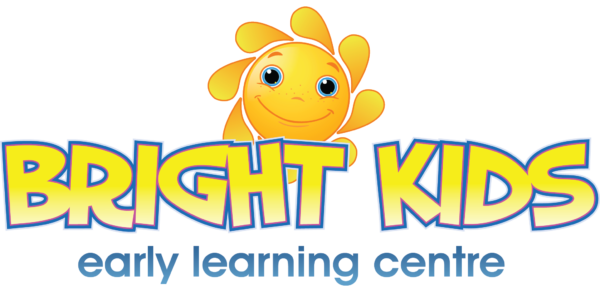Foundation Building 2-4 yrs in Jom-Gowong room
Social and Emotional development is the key to foundation building resilience in this particular room.
This area of development involves learning to interact with others, understand emotions and normalising your own emotions.
Babies start to develop relationships from birth, but the process of learning to communicate, share and interact with others takes many years.
Children at the age of 2-4 are:
- being assertive about what they want;
- saying no to adults;
- having awareness of their feelings;
- have rapid mood shifts;
- become shy;
- defend their possessions;
- become aggressive and frustrated easily;
- they don’t like change;
- begin to show empathy for others;
- want independence but still want the security of their parents; and
- need an ordered predictable routine.
This is where our resilience program plays a key role. It teaches children the capacity to deal with adversity and the capacity to deal with change.
We focus on emotions; how to regulate and normalise them and be kind to our friends.
Apart from our certified resilience program we launched our “Acknowledgement Of country” program last year called ‘Empowering Our Youth’, Twelve months in and we have some exciting things to share.
Fine and Gross Motor skills
As the children participate in their free drawing we are using the opportunity to develop their pincer grip.
This helps the children to control the pencil as they get ready for their pre writing in the Sea turtles room.
The children love the climbing challenges that we provide for yard play. These courses are designed to improve their gross motor skills and general co-ordination.
Group time
Focus is the main theme for group time. Keeping children focussed and engaged.
This room is where we learn to sit for 10 minute sessions where we divide the learning sessions into two blocks.
We have learnt the listen song and whenever the children lose focus, I sing this song to bring their attention back to me.
Children learn through song.
Early music exposure helps children learn by promoting language, creativity, coordination, self esteem and memory.
Singing games support children’s need to socialise and play instead of pre academic skills, there is plenty of time for that.
Following Children’s Interests
During one of our many free play times I noticed the children in home corner pretending to pass out ice creams to each other through the window in our play kitchen.
Joining in with the children gave me the perfect opportunity to observe their role play.
Children inside the kitchen asked their friends what flavour ice cream they would like. They pretended to scoop ice cream into a cone and passedit to their “customer” . The customer pretended to pay.
In the following weeks we added ice cream shop signs to the home corner area to further extend the children’s idea. As we began to move on from their ice cream shop activity we finished the week scooping our very own ice cream in to a cone then dipped the ice cream in to a bowl of 100’s and 1000’s.
Imagination play provides an opportunity for the children to practice and develop their language and social skills. It boosts development of problem solving and self-regulation skills.
Resilience
We started our year with the growth mindset song; this has been allowing the children to recognise that they will make mistakes while they learn and that it is ok.
Resilience is a life skill we take with us into adulthood; the more resilient a child is the less they experience stress.
Building resilience in children helps them to overcome obstacles more easily and reduces the chances of them suffering from anxiety and related disorders.
After free time play we regroup on the mat to discuss our mornings play.
We discuss good and poor choices made during our play; this allows the children to reflect on those choices.
Acknowledgment Of Country
Twelve months in, we are reciting the Acknowledgment of County off by heart. This is found on our wall with all our other morning songs.
We continue to say ‘Jingeri’ every morning when marking the roll, we make instruments, dance and create dot paintings.
After making our very own clap sticks we extended on this the following day by watching a video with Aboriginal music.
The Aboriginal children used clapping sticks and danced in traditional style. One by one, our children got their clapping sticks and joined in.
That’s all from us in Jom Gowong, until next month
Mr John
Please follow our Facebook and Instagram Pages and stay up to date.


